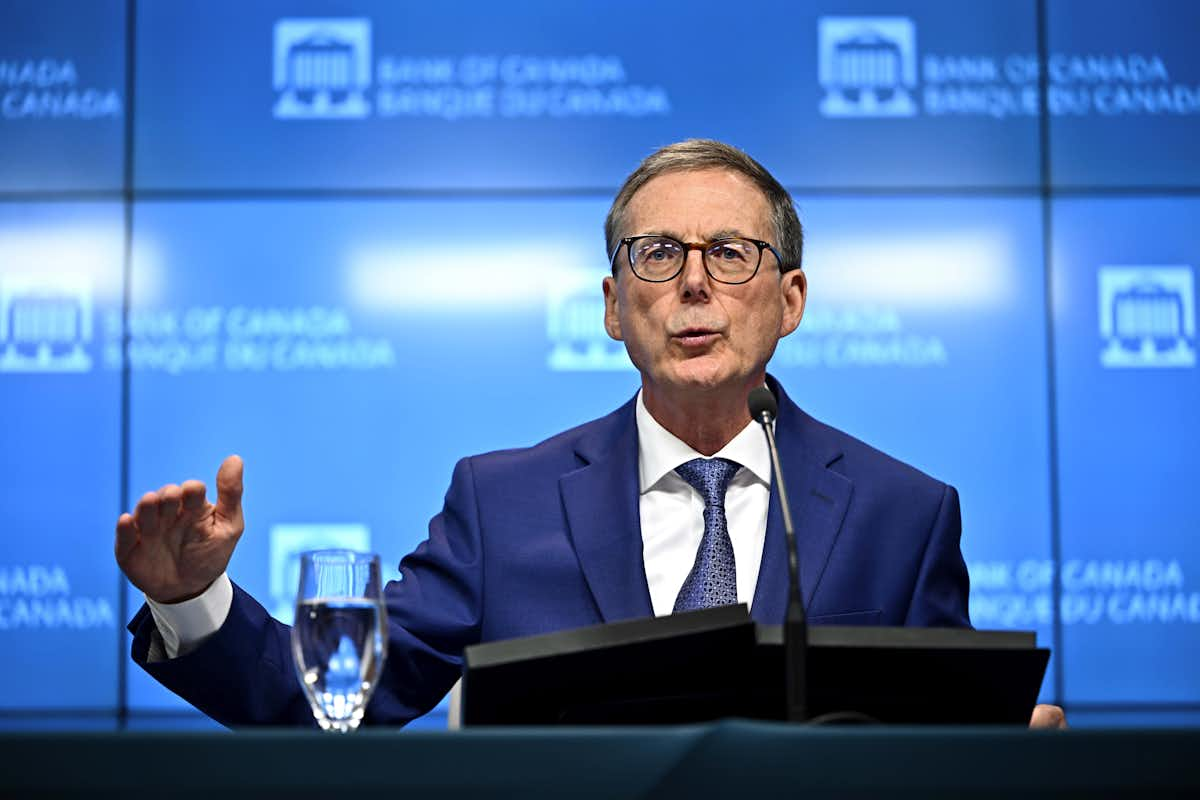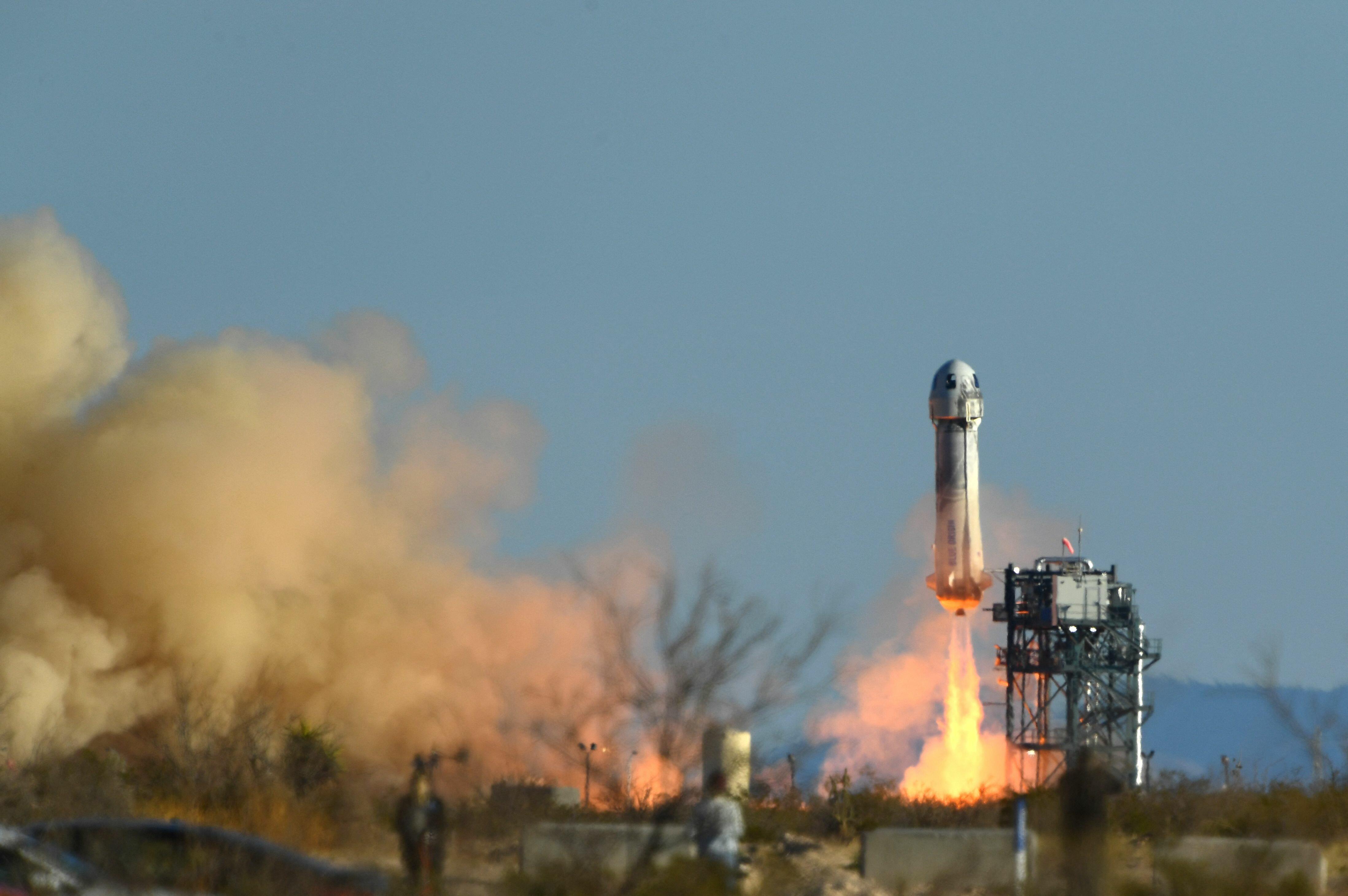Russian Gas Phaseout: EU Discusses Spot Market Targeting

Table of Contents
The Urgency of a Russian Gas Phaseout
The geopolitical motivations behind the EU's push to end reliance on Russian gas are multifaceted and deeply rooted in the events of recent years. Russia's weaponization of energy supplies has demonstrated the significant risks associated with over-dependence on a single supplier, particularly one with potentially adversarial geopolitical interests. Continued reliance on Russian gas leaves the EU vulnerable to supply disruptions, price manipulation, and political pressure.
The economic consequences of continued reliance are equally significant. Price volatility stemming from geopolitical instability creates uncertainty for businesses and consumers alike, impacting economic growth and potentially fueling inflation. Energy insecurity undermines the stability and competitiveness of EU economies. A swift Russian gas phaseout is therefore not merely a political imperative but an economic necessity.
- Reduced geopolitical leverage for Russia: Eliminating dependence weakens Russia's ability to use energy as a political tool.
- Improved energy security for EU member states: Diversification of energy sources reduces vulnerability to supply disruptions.
- Faster transition to renewable energy sources: The urgency of the situation accelerates investment in and adoption of cleaner energy alternatives.
- Strengthened energy independence across the EU: Reduced reliance on external suppliers enhances the EU's resilience and autonomy.
Spot Markets: A Key Strategy in the Russian Gas Phaseout
Spot markets represent a crucial strategy in the EU's plan for a Russian gas phaseout. Unlike long-term contracts, which often lock buyers into agreements with specific suppliers at predetermined prices, spot markets allow for more flexible and dynamic energy trading. In a volatile geopolitical landscape, this flexibility is paramount. Buyers can quickly adjust their purchasing decisions based on real-time supply and demand conditions, reducing their exposure to price shocks and supply disruptions.
The increased liquidity and price transparency offered by well-functioning spot markets are further advantages. A more liquid market ensures a smoother flow of energy resources, while increased transparency helps to prevent manipulation and ensures fairer pricing. This contrasts sharply with the opacity often associated with long-term contracts, particularly when dealing with a state-controlled supplier.
- Increased flexibility for buyers to adapt to changing supply and demand: Buyers can quickly adjust purchase volumes and sources.
- Access to diverse sources of gas, reducing reliance on single suppliers: Diversification minimizes geopolitical risk.
- Potential for price competition leading to lower costs in the long term: A competitive market drives down prices.
- Enhanced ability to react quickly to supply disruptions: Buyers can swiftly find alternative sources.
Challenges in Utilizing Spot Markets for Russian Gas Replacement
While spot markets offer significant advantages in the context of a Russian gas phaseout, several challenges must be addressed to ensure a smooth transition. The rapid scaling up of spot market activity requires significant infrastructure upgrades and regulatory harmonization across EU member states. Currently, some member states lack the necessary infrastructure to participate effectively in spot markets, hindering a unified approach.
Moreover, relying heavily on spot markets does not eliminate all risks. Price spikes during periods of high demand remain a possibility. This necessitates a substantial increase in gas storage capacity to buffer against supply fluctuations. Furthermore, the increased complexity of spot markets raises concerns about potential market manipulation and price volatility. Robust regulatory frameworks are essential to mitigate these risks.
- Potential for price spikes during periods of high demand: Requires robust storage infrastructure and contingency plans.
- Need for increased storage capacity to manage supply fluctuations: Investment in storage facilities is crucial.
- Risk of market manipulation and price volatility: Strong regulatory oversight is needed to ensure fair market practices.
- Requirement for improved interconnectivity of gas infrastructure: Harmonization across EU member states is essential.
EU Initiatives to Support Spot Market Trading
The EU has launched several initiatives to support the development and expansion of spot market trading. These include significant investments in gas infrastructure upgrades, such as pipelines and LNG terminals, aimed at enhancing the connectivity and capacity of spot markets across member states. Significant funding is being directed towards cross-border interconnectors, facilitating the free flow of gas and reducing reliance on single supply routes.
Regulatory changes are also underway to foster greater competition and transparency in spot markets. These reforms aim to create a level playing field for all market participants, promoting efficient price discovery and reducing the potential for market manipulation. The EU is also working on enhancing data sharing and transparency mechanisms, providing market participants with the information needed to make informed trading decisions.
- Examples of EU funding for gas infrastructure projects: The Connecting Europe Facility (CEF) plays a key role.
- Discussion of regulatory frameworks designed to encourage competition in spot markets: Focus on market liberalization and transparent trading rules.
- Mention of initiatives to enhance transparency and data sharing: Improved data availability allows for more efficient price discovery.
- Analysis of support programs for renewable energy transition: Accelerating the shift to renewables reduces overall gas demand.
Conclusion
The complete Russian gas phaseout is a complex undertaking, demanding a multifaceted approach. Focusing on spot markets is a significant part of the solution, providing the EU with increased flexibility, access to diverse energy sources, and improved energy security. However, challenges remain, including infrastructure limitations and the potential for market volatility. By addressing these challenges proactively through targeted policy initiatives and strategic investments, the EU can effectively utilize spot markets to achieve its goal of a complete Russian gas phaseout and build a more resilient and sustainable energy future. Learn more about the EU's strategy for a complete Russian gas phaseout and how spot markets play a crucial role.

Featured Posts
-
 Conservative Party Promises Tax Cuts And Deficit Reduction In Canada
Apr 24, 2025
Conservative Party Promises Tax Cuts And Deficit Reduction In Canada
Apr 24, 2025 -
 How Trumps Presidency Will Shape Zuckerbergs Future
Apr 24, 2025
How Trumps Presidency Will Shape Zuckerbergs Future
Apr 24, 2025 -
 Faa Investigates Las Vegas Airport Collision Risks
Apr 24, 2025
Faa Investigates Las Vegas Airport Collision Risks
Apr 24, 2025 -
 Blue Origin Scraps Rocket Launch Due To Subsystem Problem
Apr 24, 2025
Blue Origin Scraps Rocket Launch Due To Subsystem Problem
Apr 24, 2025 -
 Bmw Porsche And The Shifting Sands Of The Chinese Automotive Market
Apr 24, 2025
Bmw Porsche And The Shifting Sands Of The Chinese Automotive Market
Apr 24, 2025
